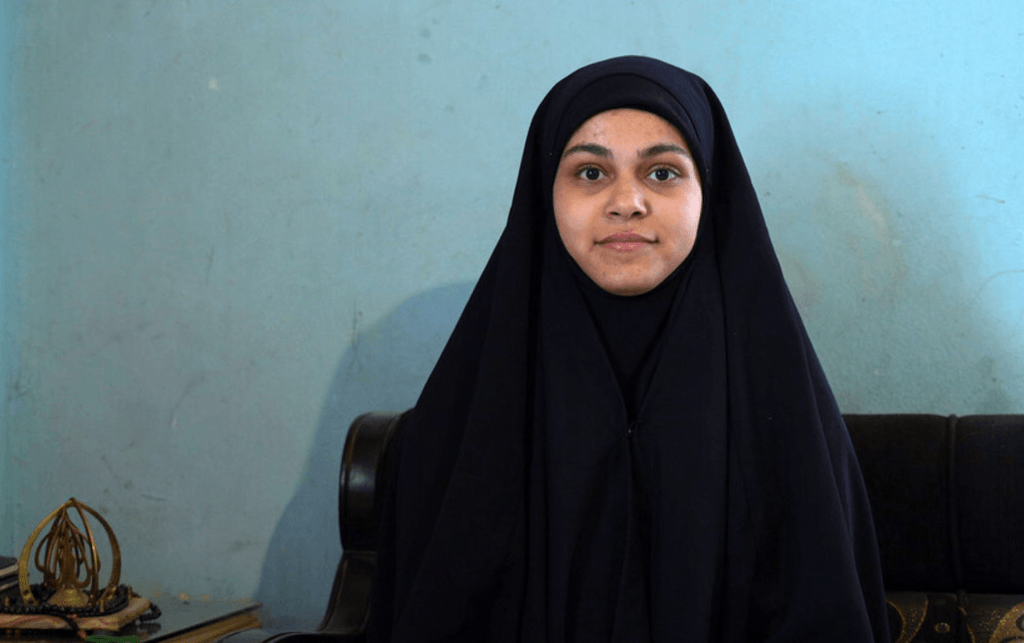Batoul: growing my business and my confidence
Batoul from Lebanon turned down a marriage proposal and was forced to stay indoors due to fear. Until a decision to open an online business restored her confidence and self-reliance.

When Batoul, 20 refused a marriage proposal, her father decided she should be confined to their home for 5 months due to the scorned suitor’s aggressive response to her refusal. Her parents supported her decision but were worried for her well-being.
However well-intentioned her parents’ actions were, the isolation took its toll. Cut off from the outside world, Batoul says she lived in a constant state of fear, fatigue and pain.
“I cried most nights. At one point, I decided I must do something,” she explains.
She turned to YouTube for inspiration, to see if she could launch a business. But in what?
Walk a mile in Batoul’s shoes
The turning point in Batoul’s life coincided with her learning about a vocational training programme. One participant opted to work in a dairy factory; others launched sewing businesses. Batoul chose to focus on buying and selling shoes. She also learnt how to market her business online and build connections with local merchants.
“The first thing I sold was a pair of sandals,” Batoul recalls. “And I earned $2.” Through word of mouth and social promotion, her business is growing.
Orders began streaming in, and Batoul expanded her business to include other products, such as makeup. Today, she hopes that she can inspire other young women facing similar challenges.
“I’d tell them: ‘You must be strong, patient and courageous. Not everyone’s situation is comfortable; you must go through difficulties, but you will grow stronger and more resilient.’ ”
Imparting life skills
Batoul was part of a group of young women who took part in a Plan International project that aimed at enhancing the self-reliance of severely vulnerable households in Lebanon and reduce their dependence on social assistance. By integrating gender considerations, the project ensured that both men and women in these households achieved greater self-sufficiency and decreased reliance on social support.
‘You must be strong, patient and courageous. Not everyone’s situation is comfortable. You must go through difficulties, but you will grow stronger and more resilient.”
Batoul
Less than a year into the project, 58% of participating households reported an improved ability to support at least three of five basic needs (food, housing, health, education and clothing). Covering food costs was the priority for 89%, followed by housing (76%), health (70%), education (68%) and clothing (33%).
The project is European Union-funded being implemented by four partners: the Lebanese Organisation of Studies and Training, Akkarouna, Plan International and Save the Children.
Categories: Skills and work, Youth empowerment


